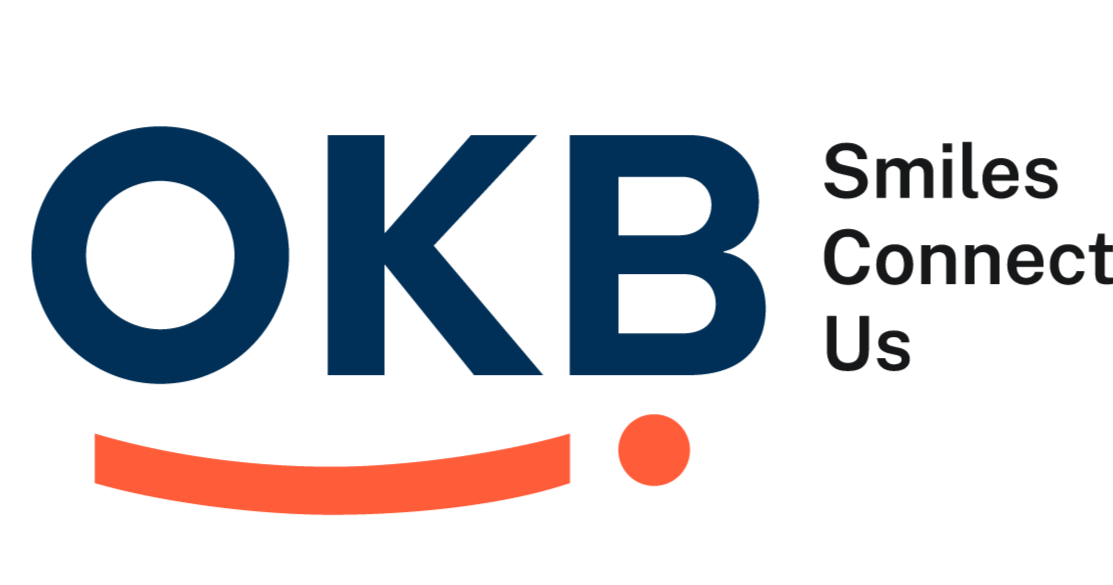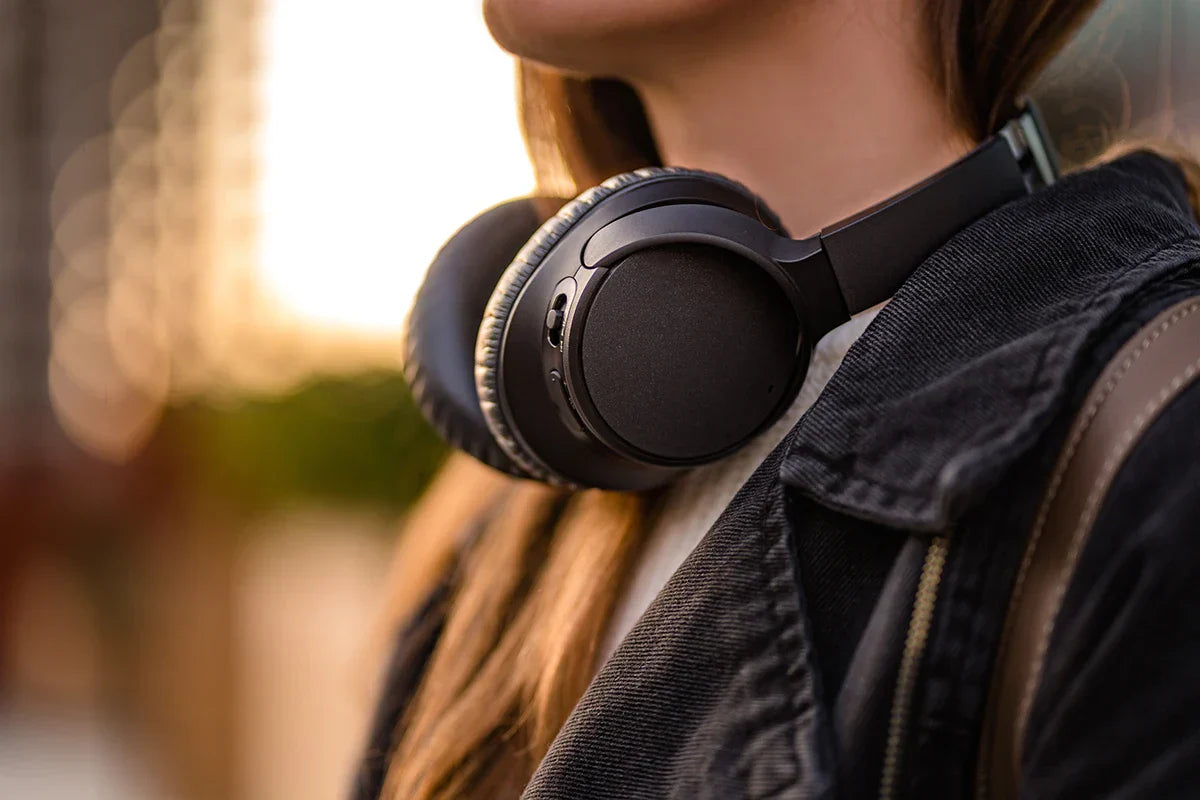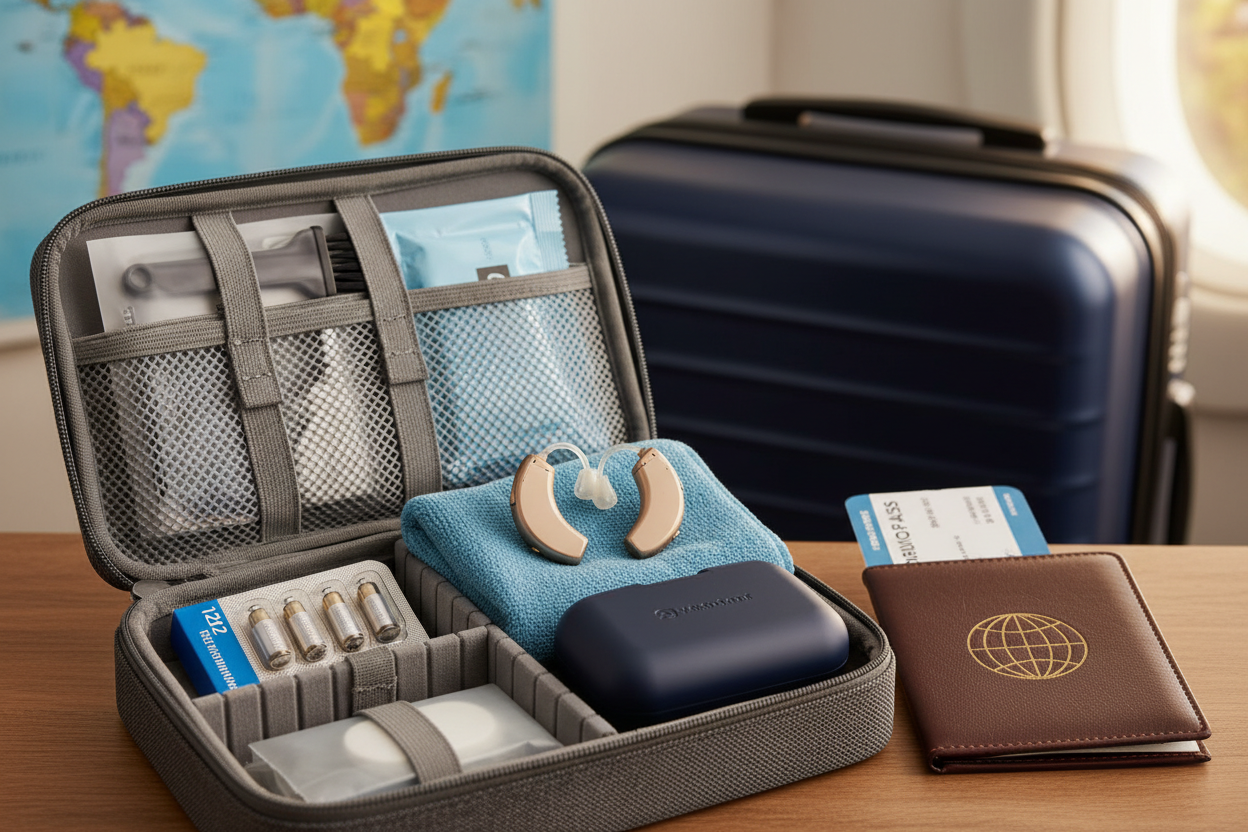When you think of hearing loss, you might picture muffled conversations or turning up the TV. But did you know that hearing health is deeply intertwined with your overall well-being—from cognitive performance to emotional health and even physical safety?
Ignoring hearing issues doesn't just affect your ears—it affects your entire life. The good news? Prioritizing your hearing can unlock a richer, healthier future.
The Ripple Effect of Hearing Loss: More Than Meets the Ear
Hearing loss is far more than an inconvenience. It’s a serious health issue with far-reaching consequences across multiple aspects of your life.
Cognitive Decline and Memory Loss
When your brain works overtime to decode sounds, it diverts mental resources away from memory and attention. Research has shown that untreated hearing loss is linked to cognitive decline, particularly in older adults.
Protecting your hearing could help preserve mental sharpness as you age.
Mental Health and Social Isolation
Struggling to hear can lead to frustration, low self-esteem, and social withdrawal. Over time, this can contribute to depression, anxiety, and deep feelings of isolation.
Communication is core to our identity. When hearing becomes difficult, we risk losing that connection.
Social Engagement and Longevity
Strong social ties are linked to longer, happier lives. But hearing loss can make conversations exhausting, leading people to retreat from friends, family, and community.
Hearing well means living well—connected, engaged, and emotionally fulfilled.
Physical Safety and Risk of Falls
Hearing alerts us to our surroundings—traffic, alarms, someone calling our name. Without it, the risk of accidents and falls increases significantly.
Good hearing can literally be lifesaving.
Expert Insight:
“Our ability to connect with people—both those we are close to and those we simply interact with on a daily basis—is imperative to our overall health.”
— Amy Bishop, AuD
Breaking Down the Barriers: How to Take Charge of Your Hearing Health
The best time to prioritize your hearing is now. Here’s how to get started:
Schedule Regular Hearing Screenings
Just like an annual physical or dental check-up, hearing tests should be part of your routine—especially if you're over 50.
Embrace Modern Hearing Solutions
Today’s hearing aids are discreet, smart, and life-enhancing. They reduce mental fatigue, improve communication, and elevate quality of life.
Explore OTC Hearing Aids
For those with mild to moderate hearing loss, over-the-counter (OTC) hearing aids are now more accessible and affordable than ever. Brands like OKB Hearing are leading the way in comfort, sound quality, and design.
Challenge the Stigma
Hearing aids aren't just for the elderly. They're for anyone who wants to stay connected and fully present in life. The more we normalize hearing aids, the more people will seek the help they need.
A New Era of Hearing Technology
Innovations are making it easier than ever to find the right solution for your needs:
-
Hearables: Stylish, earbud-like devices for specific listening challenges (like noisy rooms)
-
Cochlear Implants: Advanced surgical devices for profound hearing loss
-
Bone-Anchored Hearing Systems: Ideal for certain types of conductive hearing loss

Take Action: Prioritize Your Hearing Health Today
Don't wait for hearing loss to disrupt your life. By taking proactive steps now, you're investing in:
- Better cognitive function
- Stronger mental health
- Richer social connections
- Enhanced physical safety
Your hearing is a gateway to a more vibrant, engaged life. Let it empower you—not hold you back.

Frequently Asked Questions
How does hearing loss affect overall health?
Hearing loss is linked to increased risks of cognitive decline, social isolation, depression, and even falls. Studies have shown that untreated hearing loss may contribute to faster brain atrophy and reduced mental sharpness. Read more from the National Institute on Aging.
Can hearing aids improve cognitive function?
While hearing aids cannot reverse hearing loss or dementia, they can help slow cognitive decline by keeping your brain engaged in active listening and conversation. This helps maintain neural pathways that support memory and attention.
Is there a link between hearing loss and depression?
Yes. People with untreated hearing loss often experience social withdrawal, loneliness, and reduced participation in daily activities—all of which can lead to symptoms of depression. Addressing hearing issues early can significantly boost emotional well-being.
How soon should I get a hearing test if I notice changes?
You should schedule a hearing test as soon as you notice persistent difficulty hearing in conversations, especially in noisy environments. Early diagnosis can prevent long-term consequences and improve treatment outcomes.
Are OTC hearing aids a good option for age-related hearing loss?
Yes. For adults with mild to moderate hearing loss, FDA-approved over-the-counter hearing aids—like OKB Hearing Aids—offer a convenient and cost-effective solution without requiring a professional fitting.
Need More Help? Contact our team for expert advice on getting the most out of your hearing aid!






Share:
Best Hearing Aids of 2025: A Comprehensive Comparison of Top Models
Why Premium Hearing Aids Are Worth the Investment: Quality, Comfort, and Features